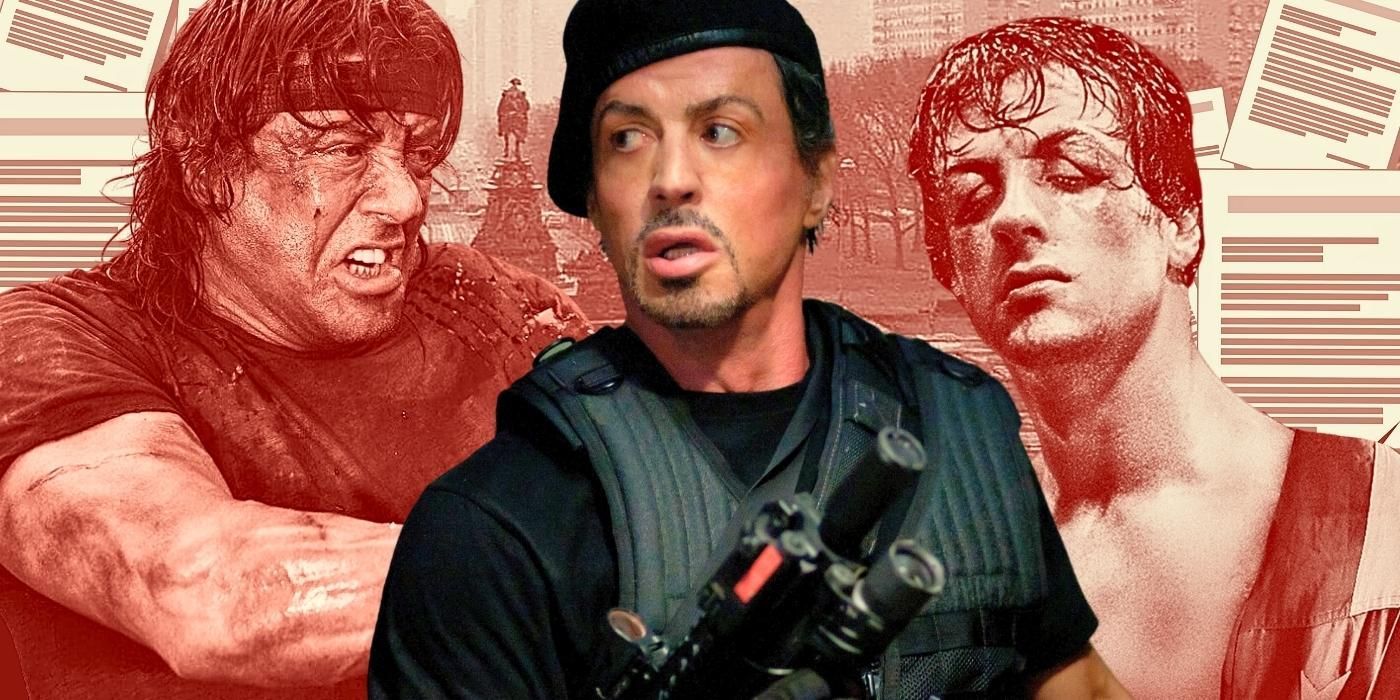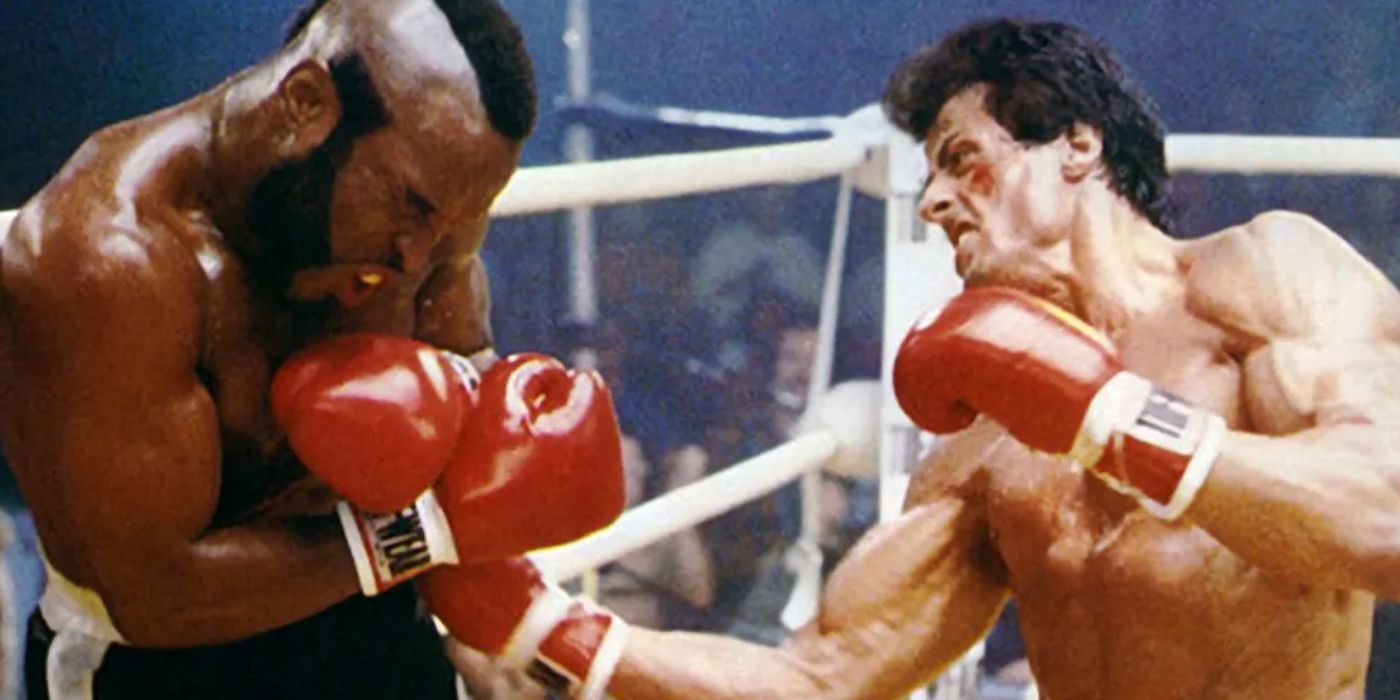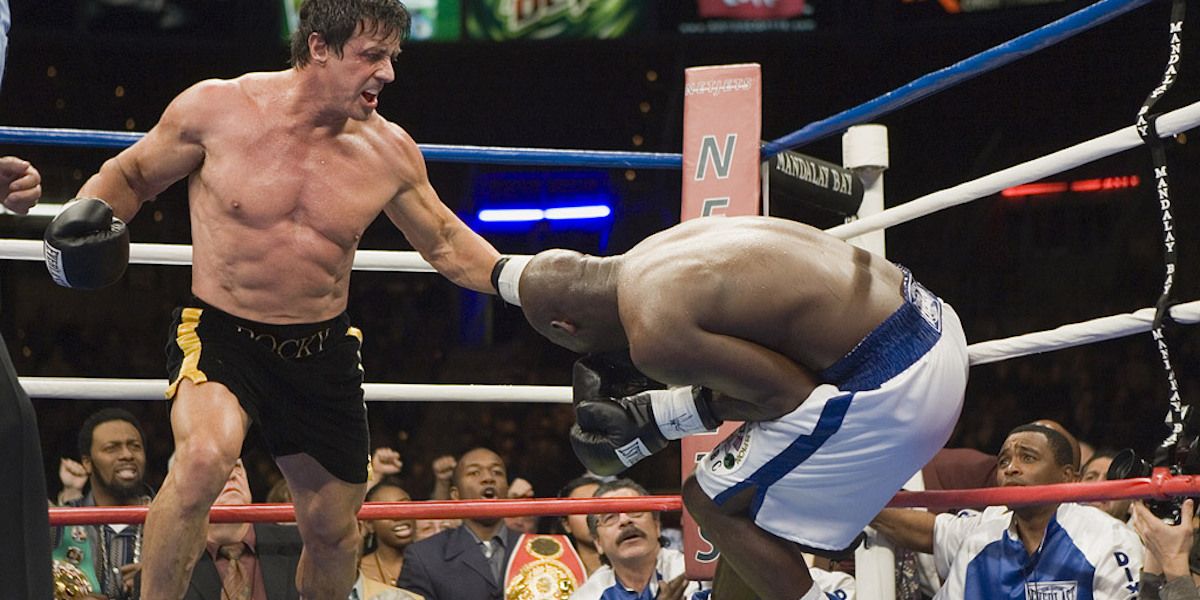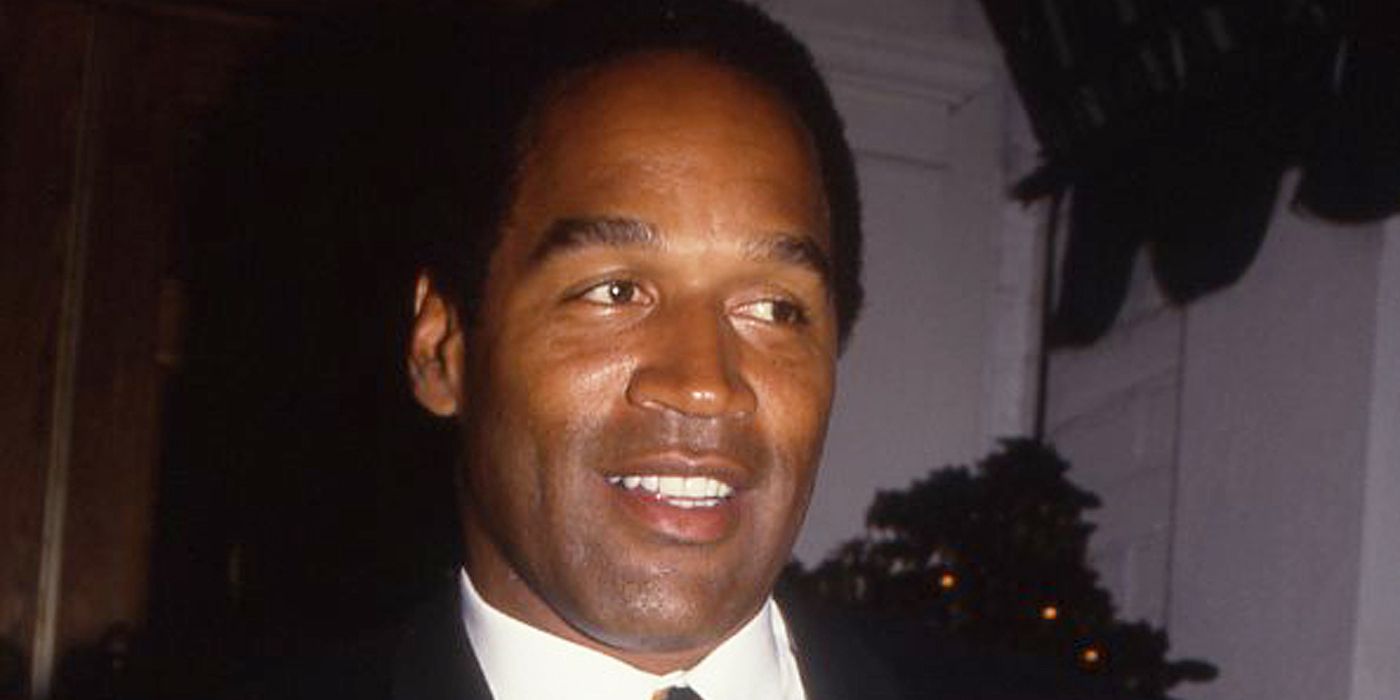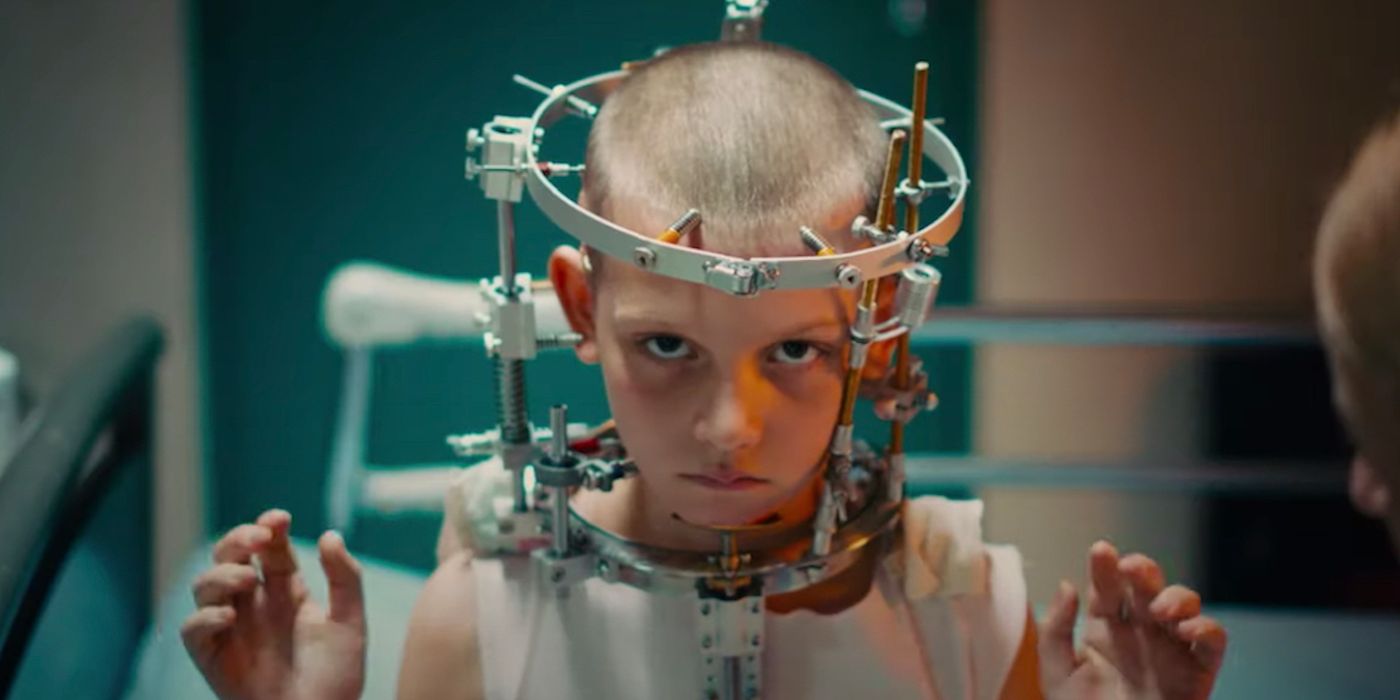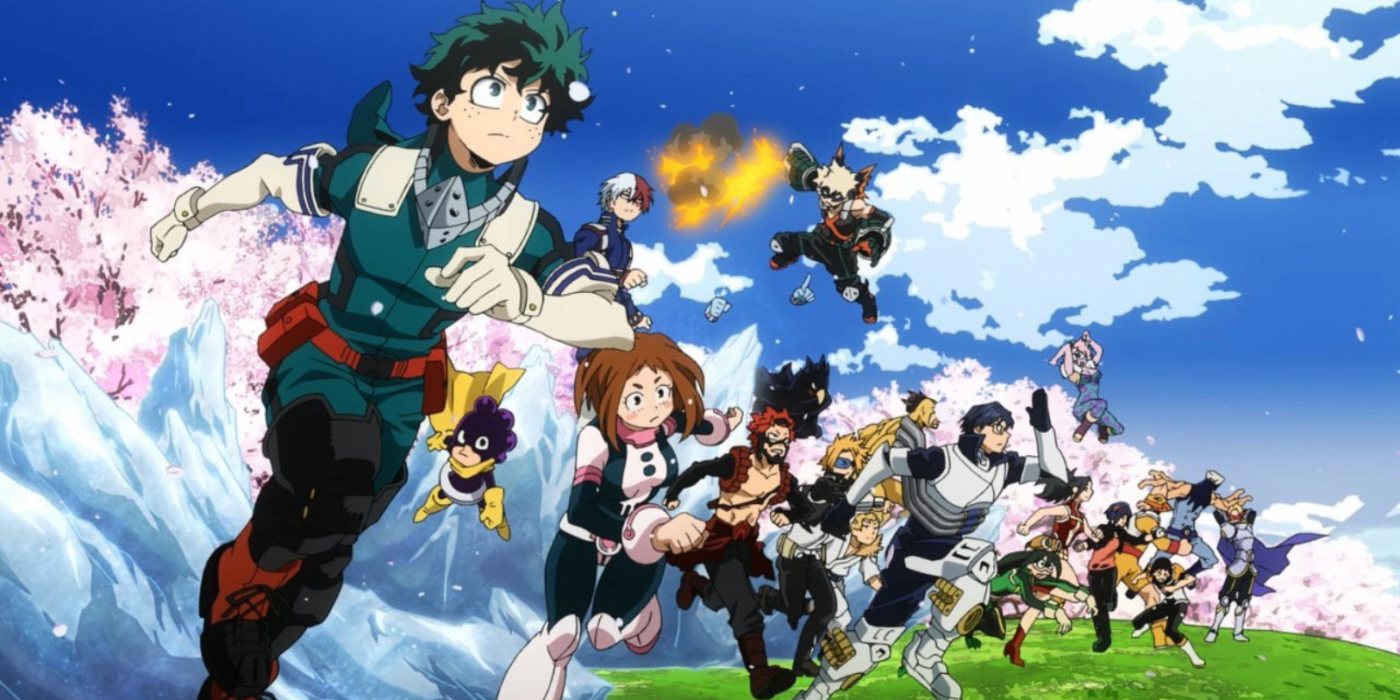The Big Picture
- Stallone’s screenwriting abilities deserve more credit, as he has put a lot of himself into the Rocky series and continued its themes and characters throughout the sequels.
- Stallone’s work on the Rocky series reflects the changes within his own life, gradually evolving the series over time.
- Stallone’s scripts for Rocky II, Rocky III, and Rocky Balboa show his ability to create nuanced characters and address social issues, making the franchise more than just a low-budget sports movie.
Sylvester Stallone is certainly one of the most popular and influential stars of his generation, launching both the Rocky and First Blood franchises based on his charisma. Stallone makes up the “Planet Hollywood” trio alongside fellow action stars Arnold Schwarzenegger and Bruce Willis, but he’s also been an incredible creative force behind the camera. While his acting talent is undeniable, Stallone’s Oscar-nominated screenwriting abilities deserve more credit.
It’s easy to forget that the story of Rocky Balboa and his surprising rise to prominence mirrors the art of Stallone’s life in many ways. While he had a few bit parts in early 1970s films, Stallone broke through by writing his first screenplay for Rocky when no one would take him seriously. Insisting that he take the starring role for himself, Stallone took a gamble when Rocky became a surprise hit and took home the Academy Award for Best Picture. It was clearly a personal story that Stallone put a lot of himself into, and that is evident in how he continued the film’s themes and characters throughout the sequels.
Of course, Stallone has written other films outside the Rocky franchise, including many installments in the Rambo series, Cliffhanger, Cobra, Over The Top, and The Expendables trilogy, which are impressive in their own right. However, it’s not hard to see why Stallone’s work on the Rocky series always felt more personal; Rocky is a kind of goofy guy that everyone doubts and mocks, yet turns out to be the uncomplicated hero that we all really needed. “Heartwarming” isn’t a word you’d generally associate with someone as serious Stallone, but it’s impressive to see how he’s gradually evolved the series over time to reflect the changes within his own life.
‘Rocky II’ Is a Necessary Transition for Stallone’s Franchise
While the Rocky sequels are known for getting increasingly goofier with each subsequent installment in a fun way (similar to their counterparts in the Rambo series), it’s odd to see how small, quiet, and emotional Rocky II is. The film finds Rocky unsure of what to do with his newfound fame. Does he shower Adrien (Talia Shire) with gifts? Does he risk losing it all by agreeing to fight Apollo Creed (Carl Weathers) in a rematch? Does he do a commercial when his voice and mannerisms are being mocked? It felt like Stallone had asked a lot of the same questions to himself in the wake of Rocky becoming a cultural smash hit that are seen in his brilliant script.
Rocky II’s script also gives more nuance to the supporting characters; it was important to see Apollo’s perspective, and show why the rematch and smear campaign against Rocky are so important for a black celebrity. This is bolstered by the scenes with his wife Mary Anne (Sylvie Meals) and father figure Tony Evers (Tony Burton), and does a great job at foreshadowing the eventual friendship between Apollo and Rocky in Rocky III.
Adrien’s storyline as she deals with illness is genuinely heartbreaking, and thankfully Paulie Pennino (Burt Young) isn’t instantly a more responsible guy because of his best friend’s success. Rocky’s trainer Mickey (Burgess Meredith) isn’t granted a huge role, but it’s nice to give Rocky a recurring mentor figure who remains loyal to him; it’s only after Apollo’s public gloating that Mickey reluctantly agrees to train Rocky once more. Stallone expertly maps out this story.
With ‘Rocky III,’ Stallone Writes a Smash Hit
With Rocky III, Stallone’s screenplay plays like a satire of commercialism and media circuses. There’s a scene where Rocky fights Hulk Hogan for charity, clearly indicating that Stallone knew that some viewers were only going to the film for the spectacle. Few screenwriters are so aware of their audience. It’s Rocky’s newfound status as a “celebrity” (which coincides with Stallone’s growing stardom, as this was the same year as First Blood) that actually puts him under threat; he has to prove that he’s still worthy of his accolades when a new, younger fighter emerges in Clubber Lang (Mr. T).
Rocky III showed that Stallone knew how to change the tone of the series in order to justify future installments; the Rocky world couldn’t be contained to Philadelphia, and he had to accept that they were now playing on a global scale. Stallone retains the heart of the series by including the heartbreaking death of Mickey. The loss of a mentor is an important step in every “hero’s journey,” and it was nice to see Stallone show some sensitivity in the role and script.
What can be said about Rocky IV that hasn’t been said before? It’s unabashed Cold War propaganda, but it’s also reflective of the era of its release that makes it an interesting time capsule. Rocky himself isn’t particularly political, but it’s the death of Apollo at the hands of Ivan Drago (Dolph Lundgren) that inspires him to take the trek into the wintery Soviet Union. It’s not because he’s a patriot; he’s just trying to stand up against a bully. This simple theme showed once again that Stallone could add a touch of personality to his scripts.
‘Rocky Balboa’ Is Sylvester Stallone’s Satisfying Conclusion
Rocky V didn’t have Stallone behind the camera, but he was able to give a satisfying conclusion to his character when he returned to write and direct Rocky Balboa. It’s a sweet, tender film that shows the genuine struggles of aging in both a physical and emotional sense, showing how Rocky must bid farewell to some friends and realize he’s yesterday’s news. It was an honest, and frankly perfect way to end the “Rocky” story with one last bout in the ring; while it left room for Rocky’s return, it showed that his days of fighting were now over.
Stallone is easily one of the most sincere artists out there. The Rocky series is still an anomaly; who would have thought that a low-budget sports movie from 1976 would start a huge media franchise that continues to this day?
The Rocky series is now available to stream on Max in the U.S.

